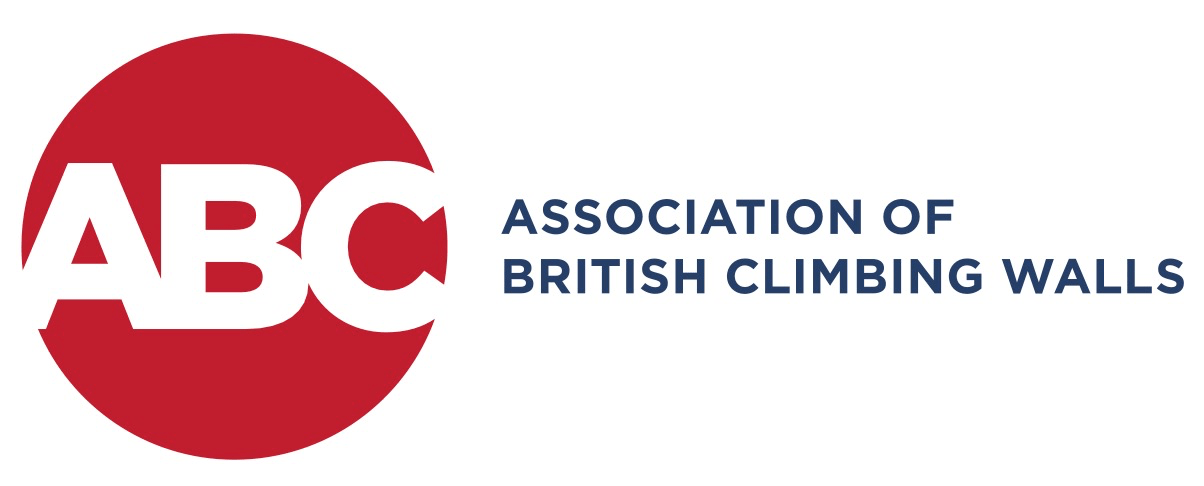Day: October 24, 2024
Over the last few months the ABC has received a number of inquiries from climbing centres looking for advice around what they should and should not be reporting under RIDDOR.
Confusion stems from a few different areas, with walls reporting conflicting advice from relevant authorities, as well as the recent updates to the RIDDOR submission forms.
What is RIDDOR
RIDDOR, or the Reporting of Injuries, Diseases and Dangerous Occurrences Regulations, is a UK law that requires employers, the self-employed, and managers of work premises to report certain workplace incidents. These include work related accidents, occupational diseases, dangerous occurrences and gas-related incidents.
RIDDOR helps authorities like the Health and Safety Executive (HSE) investigate and prevent future incidents by requiring detailed reports of such events.
RIDDOR is primarily a tool for reporting workplace accidents, and its use in that context is relatively well defined. Instead confusion tends to focus on whether accidents which involve the public and/or stem from climbing related activities should be reported.
The ABC’s position on accidents which stem from climbing related activities
Accidents involving the general public:
In general, accidents which occur through general participation in sporting activities, such as climbing, are not reportable under RIDDOR. However any accident where equipment failure, or failings in the management of the activities played a contributing role, should be reported.
Specifically, under ‘Examples of reportable incidents’, the HSE states:
‘Q. Are sporting injuries reportable?
A. No, if the injury arose out of the normal participation of the activity. Injuries should be reported if they were due to defective equipment or failings in the organisation and management of an event.’
While this is reasonably clear, and can be applied in most circumstances, wall owners/managers must still exercise their judgement over what does and does not constitute ‘normal participation’ and ‘failings in organisation and management’ when it comes to the specific circumstances of the accident.
Accidents involving staff:
Accidents involving staff should be reported under RIDDOR if they:
- Result in death or serious injury related to work activities.
- Cause an employee or self-employed instructor to be unable to work for over seven consecutive days.
- Also involve a member of the public who is injured and taken directly to hospital.
- Involve a dangerous occurrence, such as structural or equipment failure.
Deferring to relevant bodies
It is important to note that this is general advice. If you have received conflicting information or guidance from a relevant party, such as your local Environmental Health Office or insurer, the ABC advises that you follow that guidance.
Further guidance
The ABC publishes and maintains a collection of guideline documents with the intention of ensuring an excellent and consistent level of operational safety across the climbing industry. The ABC guidelines outline a series of industry standards and make recommendations based on the experience of ABC members, BS EN Standards and relevant legislation and publications.
These guidelines are available to ABC members from the Member Downloads area. If you have a question on any aspect of the guidance, please get in touch.
If you are interested in joining the ABC click here.

